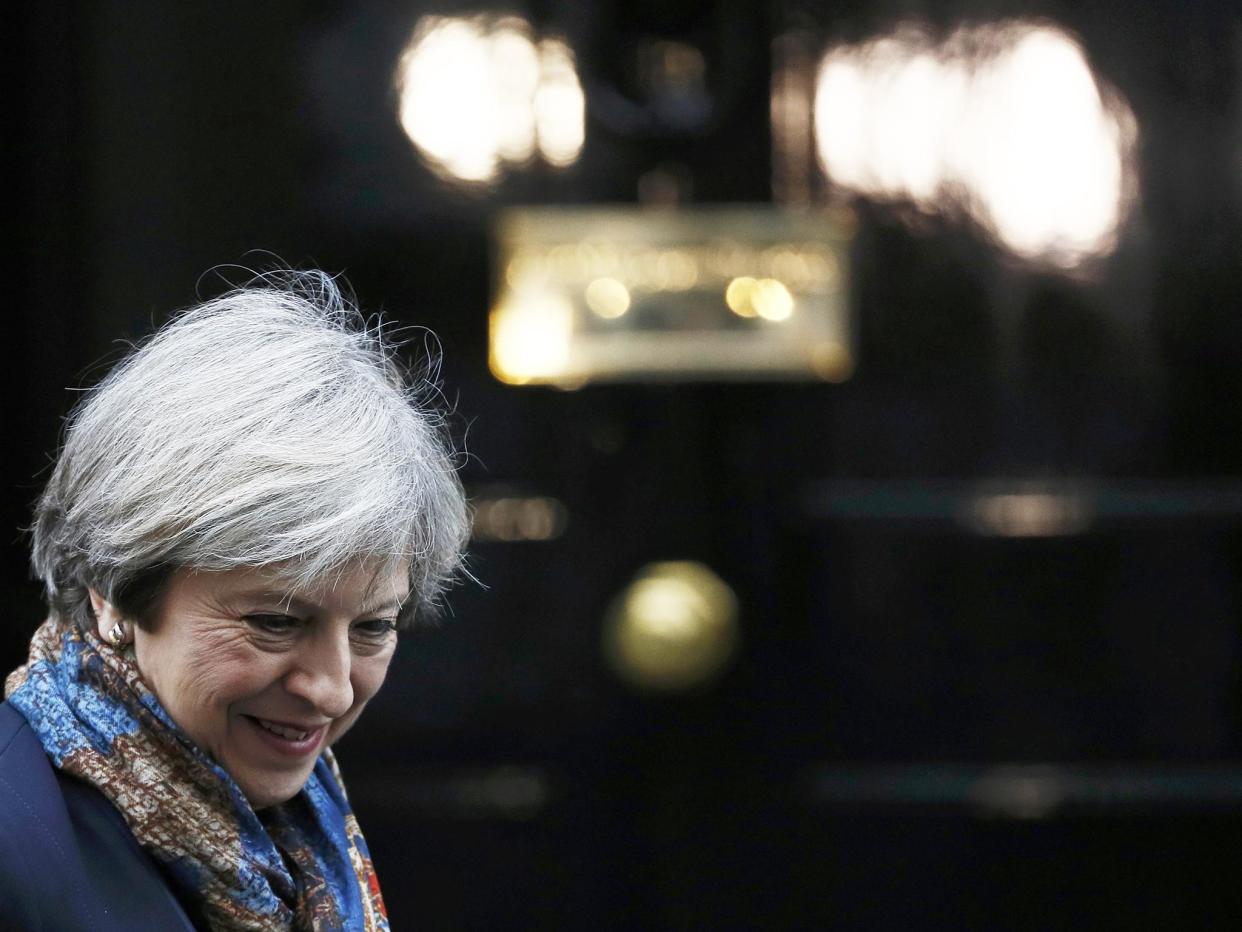Theresa May condemned for excessive secrecy

Theresa May has been criticised for excessive secrecy in a report accusing her former department of thwarting freedom of information laws.
The Home Office blocked no fewer than 40 per cent of FoI requests in her last year as Home Secretary – the third highest tally in Whitehall.
That figure was also a huge increase on the 25 per cent of FoI requests thrown out in the year before the future Prime Minister took over the Home Office in 2010.
The analysis by the Institute for Government (IfG) comes after criticism of Ms May for refusing – until yesterday – to let Parliament scrutinise her Brexit strategy.
She bowed to a revolt by backbench Conservatives who demanded her to present a detailed white paper, after Ms May made only a single speech on those plans.
The IfG highlighted how the Government had become “less transparent over the last six years”, pointing to the Home Office as among the most guilty departments.
The increase in the proportion of FoI requests where information was withheld – up from 25 per cent in 2010 to 40 per cent last year – was only part of the criticism.
The IfG report stated: “It had the second-worst record on parliamentary questions and the worst of all departments on FoI requests.
“Indeed, its record of responding to 83 per cent of FoI requests on time between 2010 and 2016 falls short of the Information Commissioner’s 85 per cent threshold, below which departments are subject to special monitoring.
“This isn’t exactly encouraging for those who had hoped that the new Prime Minister would build on the Coalition’s open government initiatives.”
Gavin Freeguard, the IfG’s head of data, added: “The patchy performance on publishing some key transparency data, and withholding more information in response to FoI requests, raises questions about the future of openness under this Government.”
The report also accuses departments of being late to publish monthly spending over £25,000 more than half the time.
The Cabinet Office, which is responsible for open data policy, was more than a year late publishing some of its data.
And six months after being launched, three new departments – including the one overseeing Brexit – have yet to publish any information whatsoever about their spending.
Under rules introduced by David Cameron, departments are supposed to publish monthly spending by the end of the following month.
The Whitehall Monitor annual report also warned that the Government is trying to “do too much as it prepares for Brexit”.
Whitehall is “still nowhere near” its target of reducing its workload by 30 per cent – perhaps no surprise, given that the report found half of departments have 50 or more listed priorities.
Some of the departments facing the biggest tasks in adjusting to Brexit, such as the Department for Environment, Food and Rural Affairs (Defra), are also those facing the biggest cuts.
The report concludes: “The civil service has a demanding to-do list even before Brexit.”

 Yahoo News
Yahoo News 
